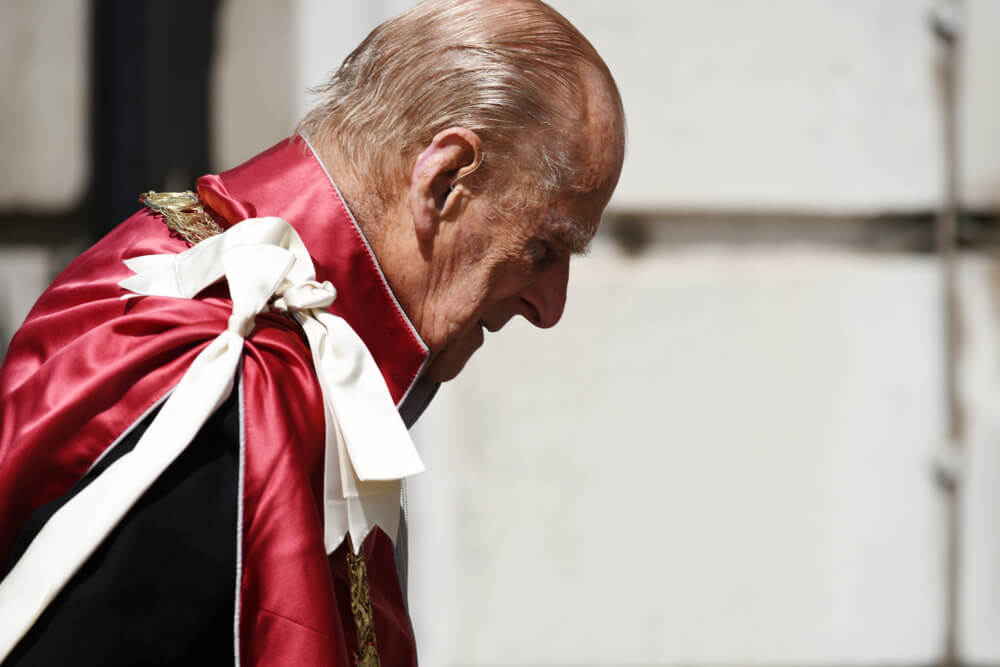Britain's royal family has emerged as victim rather than villain from the latest episode of the Windsor soap opera, a long-running saga that still retains the knack of periodically galvanising the attention of the nation.
Intense speculation about the health and even the whereabouts of Catherine, Princess of Wales, was put to rest when she issued a video statement revealing a cancer diagnosis she had previously kept private out of consideration for her young children.
Coming just weeks after her father-in-law, Charles III, announced he was undergoing cancer treatment barely 18 months into his reign, Kate’s illness added to what more than one commentator described as the fragility of the modern monarchy.
There has been much retrospective harrumphing about the wisdom of Charles’ decision to institute a slimmed down monarchy and about the failings of the royal family’s PR strategy in the social media age.
There has been relatively little debate, however, about the more fundamental question of whether the seemingly anachronistic institution of hereditary monarchy can survive much further into the 21st century.
Opinion polls
Opinion polls on the monarchy are variable, with outcomes often influenced by the latest royal headlines. But they broadly reveal a nation in which around 6 out of 10 support the continuation of constitutional monarchy.
That still leaves a substantial minority, particularly among the young, who would either like to see an alternative, are unsure, or take little interest in the matter.
Yet active republicanism remains very much a fringe interest in a country where the major political parties pay at least lip service to the current constitutional arrangement.
Although the anti-monarchy pressure group Republic claims to represents 10 to 12 million republicans, membership rose to only about 9,000 around the time of Charles’s coronation last May.
Those inclined to preserve it would say the monarchy provides stability and continuity and it is good for tourism
Viewed from a rational perspective, there would appear to be no justification for a political system based on hereditary chance. Yet, almost 400 years after England’s Charles I lost his head, Britain’s monarchy survives.
Among the wider public, those inclined to replace it would say the system entrenches deference and privilege and, anyway, it costs too much. Those inclined to preserve it would say the monarchy provides stability and continuity and, anyway, it is good for tourism.
However firmly held, neither viewpoint is likely to inspire a new generation of Roundheads and Cavaliers to take to the field.
Adapting to political and social change
Over the centuries, British royalty survived by adapting itself to political and social change, morphing from the era of the absolute monarch to one in which the reigning king or queen plays a largely symbolical role.
The late Prince Philip helped to modernise the previous reign, encouraging Queen Elizabeth to make the ruling Windsor dynasty more accessible to its subjects without abandoning its protective mystique.
That was always going to be a perilous option. Too bright a media spotlight risks turning the royals into a warts-and-all soap opera in which their all too human frailties are exposed.
The late Queen Elizabeth was the only monarch most British people had ever known
At the time of Charles’s accession, the late Queen Elizabeth was the only monarch most British people had ever known. She was widely admired for her rectitude and decorum over more than 70 years on the throne, even as her somewhat dysfunctional family appeared to crumble around her.
In that process, some of the British media played a familiar duplicitous role, stoking an obsession with the Windsor family drama, while urging others to lay off the royals.
Charles’s intention was to slim down the roster of working royals from the start of his reign, partly to address the perception that the Windsor ranks were bloated with minor hangers-on.
Dissenters, often from among the same hangers-on, expressed disquiet that the new strategy would prejudice the pomp and pageantry surrounding the Windsors that makes them primus inter pares among the world’s surviving royal dynasties.
Element of magic thinking
Although the significance of the royal family in the national psyche looks destined to fade after Elizabeth’s extended reign, there appears to be limited political appetite to change the status quo. With Brexit divisions in mind, no sane mainstream political leader is likely to support a referendum on the issue.
The Republic group’s proposal for an elected non-executive head of state to act as a political referee looks eminently rational on paper, but it is thin on practical advice on how to get there.
 People still respond more easily to symbolism than to reason - Prince Philip, Duke of Edinburgh (1921-2021)
People still respond more easily to symbolism than to reason - Prince Philip, Duke of Edinburgh (1921-2021)
There is also little justification for Republic’s argument that abolition of the monarchy would, in itself, make for a more democratic Britain. The British only have to look around them at the autocrats and presidents-for-life who daily undermine democracy elsewhere.
All political systems involve an element of magic thinking. The late Prince Philip once remarked: “People still respond more easily to symbolism than to reason.”
The republicans may be intellectually right but emotionally wrong when it comes to judging the trend of public thinking on the monarchy issue. Perhaps the British instinctively prefer a head of state who is not a politician.
The institution might someday fade away but, for good or ill, the British monarchy does not appear destined to be dethroned any time soon.